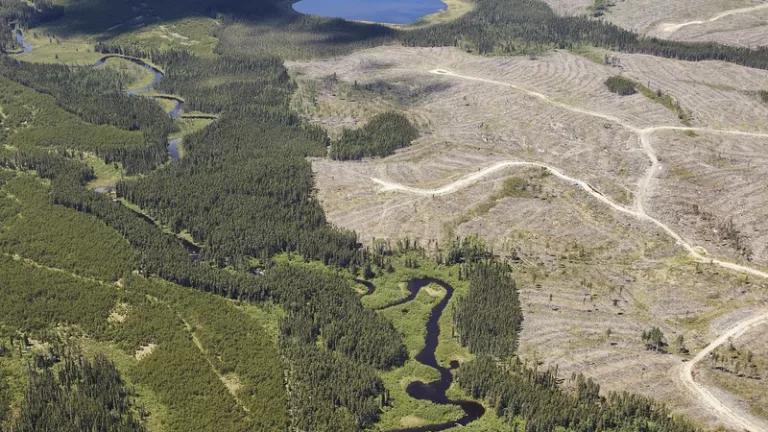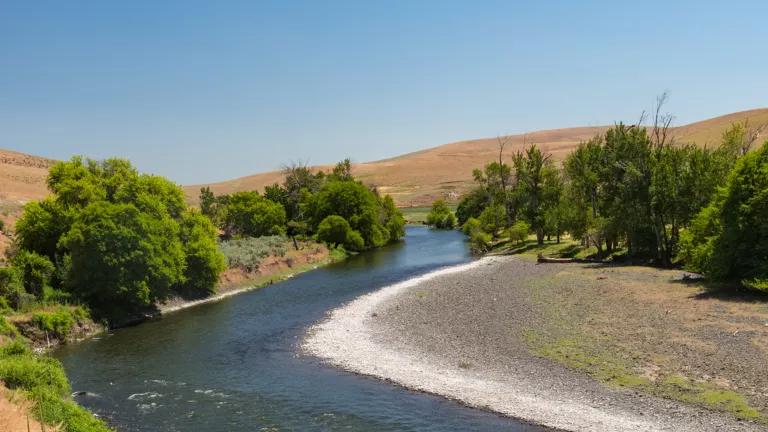By a Thousand Cuts: How Powerful Companies’ Wood Sourcing Is Degrading Canada’s Boreal Forest

Canada’s boreal forest is the world’s largest remaining intact forest, making it a vital resource for local communities, threatened species, and international efforts to stabilize the global climate. However, between 1996 and 2015, forestry activities logged an area the size of Ohio in Canada’s boreal forest. Much of the harvested wood ends up being processed at mills owned by powerful companies, where it is manufactured into lumber and pulp, and sold to multinational corporations like Procter & Gamble (P&G) to make toilet paper, tissue, and a range of other products that they sell to consumers around the world.
Top U.S. toilet paper and tissue producers claim that their supply chains drawing from Canada’s boreal forest are sustainable, but evidence on the ground indicates otherwise. Our analysis examined the supply chains of three companies with mills in Ontario and Quebec that provide U.S. corporations with pulp—Aditya Birla Group, Domtar, and Resolute Forest Products—and found that these companies are failing to both safeguard valuable and threatened forests, and to guarantee the rights of Indigenous Peoples to say how their traditional lands are managed. Their activities are concerning, both in and of themselves and as a snapshot of how boreal sourcing currently is fueling large-scale logging practices that are degrading boreal forest landscapes across Canada. By purchasing this wood and pulp without key environmental and social safeguards, major U.S. corporations are profiting from and enabling ongoing forest degradation.



